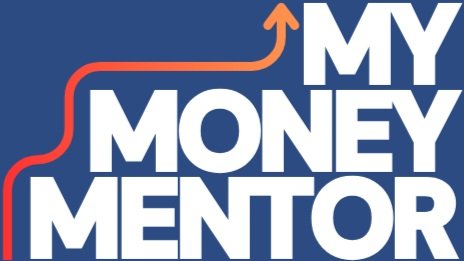Beyond Saving & Spending: The Path to Financial Freedom
Balancing your lifestyle between expenses and income is essential, yet typically as incomes grow so do expenses, trapping thousands of people in jobs they dislike in order to maintain a certain lifestyle. Even those who are indifferent to their jobs would usually love more financial freedom.
Income vs Expenses
Keeping expenses at a sensible level can provide significant freedom. By controlling your expenses, you may have the flexibility to leave your job and start a business, potentially leading to higher income and more freedom in the long run. Expense control can make a huge difference to your lifestyle and freedom, however it can’t solve the whole problem.
While many ‘gurus’ will emphasize the savings from making coffee at home versus buying it at Starbucks, this approach misses the broader picture. There's a limit to how much you can cut your expenses back (with life often becoming less enjoyable as you do), so if you want financial freedom you need to be in a position where your income exceeds your expenses.
Yes by controlling your expenses you can achieve freedom earlier (and at a lower income level) but your focus also needs on be on acquiring assets and income, not just stripping out all your costs.
You’re going to be happier and better off financially if your focus is earning an extra 20% next year while you carry on buying your Starbucks everyday, than making your own coffee and doing nothing to increase your income.
What about savings?
In the same way you can’t get financial freedom simply by cutting your expenses, you also can’t save your way to financial security by saving money in the traditional sense.
Unfortunately it is almost guaranteed that you do not earn enough in your job to be able to save your way to financial freedom. You are going to have to invest. You need assets growing and working for you. Savings are useful for emergency funds and life budgeting, but savings won’t make you rich.
To give a real example, lets say you want an entirely passive income of $50,000. How much do you need in an investment portfolio to generate that? Assuming you can get an income yield of 5%, you’d need $1million.
How long would it take you to save $1m? If we assume you’re able to save $1,000 a month (a fairly decent amount for most people), it’ll take you 83 years to save $1m. Even if you can save $2,000 a month, it’ll take you 42 years.
Financial Literacy and Planning
A solid understanding of financial basics is important before diving into investment. This includes basic steps like setting up an emergency fund, which is vital for financial security but won't lead to wealth on its own. Balancing this safety net with investment strategies is where financial planning comes into play. Educating yourself on financial management and investment strategies can significantly impact your success.
Keeping It Accessible
Everyone can improve their financial position, but the path involves learning and strategic planning. For many, that first step is shifting their mindset from cutting expenses, to saving to active investing.
Start by educating yourself on the basics of investment, there are lots of guides available for free on this very website. Remember, the goal is not just to save money but to make it grow and work for you. Begin with small steps, stay consistent, and watch your financial freedom unfold.
